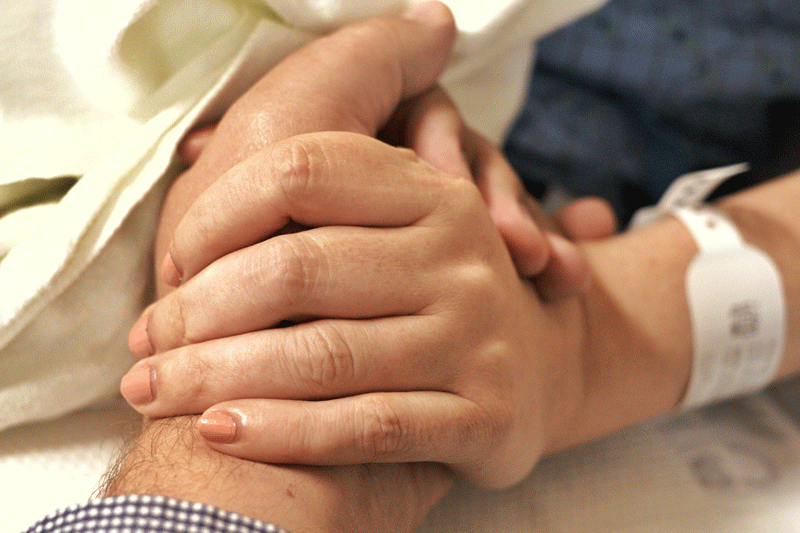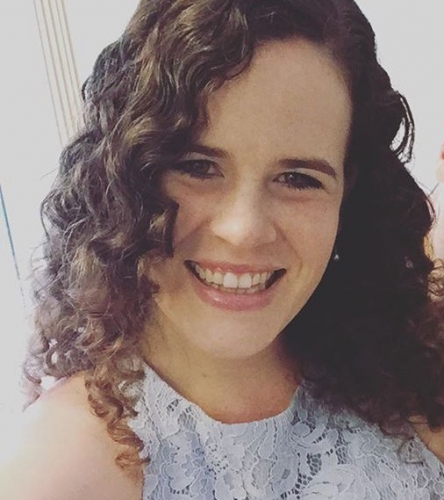Australia is a vast country, and for many people living with a life-limiting illness, specialist palliative care isn’t just around the corner. In fact, it can be hundreds or even thousands of kilometres away. Many want to experience the comfort of their home, surrounded by loved ones, in their final moments, but that distance can feel overwhelming. That’s where phone-based palliative care steps in. It’s a simple idea with a big impact: nurses providing comfort, guidance and reassurance through a phone call, no matter where someone lives.
Palliative care by phone is exactly what it sounds like: trained nurses speaking with patients and families to help them manage symptoms, understand what’s happening, and feel emotionally supported. It doesn’t replace in-person care or local health services. Instead, it fills the gaps that distance creates. A call might include:
-
Talking through pain, breathlessness or nausea
-
Helping families understand medications
-
Guiding carers on what to watch for
-
Offering emotional support
-
Knowing when to escalate to a GP, community nurse or the hospital
In big cities, people can access multidisciplinary palliative care teams. But once you move into rural, regional or remote areas, everything spreads out. There are fewer local palliative specialists, limited after-hours support and long travel times to clinics or hospitals.
Subscribe for FREE to the HealthTimes magazine
Phone support bridges that gap. A nurse can be “there” in minutes, even if the nearest health service is a four-hour drive away. For many families, knowing they can call someone – especially after hours – makes a huge difference. Whether it’s families caring for loved ones on farms, stations or small towns, or older Australians wanting to remain in their community. The comfort of the known is important at the end.
Phone-based palliative nurses rely almost entirely on their communication skills, using their voice, their questions and their ability to listen to understand what a person is going through. Without the benefit of seeing someone’s face, body language or environment, they tune in to every word, every pause and every hesitation to form a picture of what’s happening.
Over the course of a single call, a nurse may be assessing symptoms through careful questioning, helping families make decisions in real time, and offering calm reassurance when moments feel frightening or uncertain. They also support carers who might be overwhelmed, exhausted or grieving, providing a steady presence and practical guidance when it’s most needed.
Because every call is different, nurses also need to be adaptable and confident in managing uncertainty. A conversation might start with a simple question about medication timing and shift suddenly into discussions about rapid symptom changes, emotional distress or end-of-life wishes. Nurses must be able to switch gears quickly, balancing clinical knowledge with empathy while keeping the person and their family at the centre of the conversation. They often work in after-hours or on-call environments, meaning they’re the voice people hear during some of their most difficult moments.
Alongside this, phone-based nurses regularly coordinate with local GPs, community nurses, Aboriginal health workers and end-of-life services to make sure care is consistent and connected.
Benefits
-
Comfort at home: People can stay where they feel safe and connected.
-
Quick help: Families don’t have to wait for someone to arrive in person.
-
Emotional support: Having a calm voice to guide you at 2am is invaluable.
-
Reduced travel: Avoids long, exhausting trips for both patients and carers.
-
Supports local teams: Helps overstretched rural health services.
Challenges
-
No physical assessment: Nurses must rely on verbal information.
-
Poor reception: Especially in remote Australia.
-
Language and cultural barriers: Can make communication tricky.
-
Limited resources: Some families may not have phones, privacy or support.
-
Workforce pressure: Phone-based nurses face emotional fatigue too.
Even with these challenges, phone palliative care is one of the most effective ways to improve access to services for rural and remote communities.
As telehealth grows and mobile coverage improves, phone-based palliative care will only expand. Hybrid models, where families receive a mix of phone calls, telehealth video and in-home visits, are becoming more common.
With Australia’s population ageing and more people wanting to spend their final months at home, phone support will continue to play a big role. Continued investment in rural health, digital connectivity and palliative training will help ensure that compassionate care is available everywhere, and not just in major cities.
Phone-based palliative care is simple, human and deeply powerful. With just a phone line, nurses provide comfort, clarity and connection across Australia’s vast distances. Whether someone lives in a capital city, a small town or a remote community, compassionate end-of-life support can still reach them – one call at a time.













